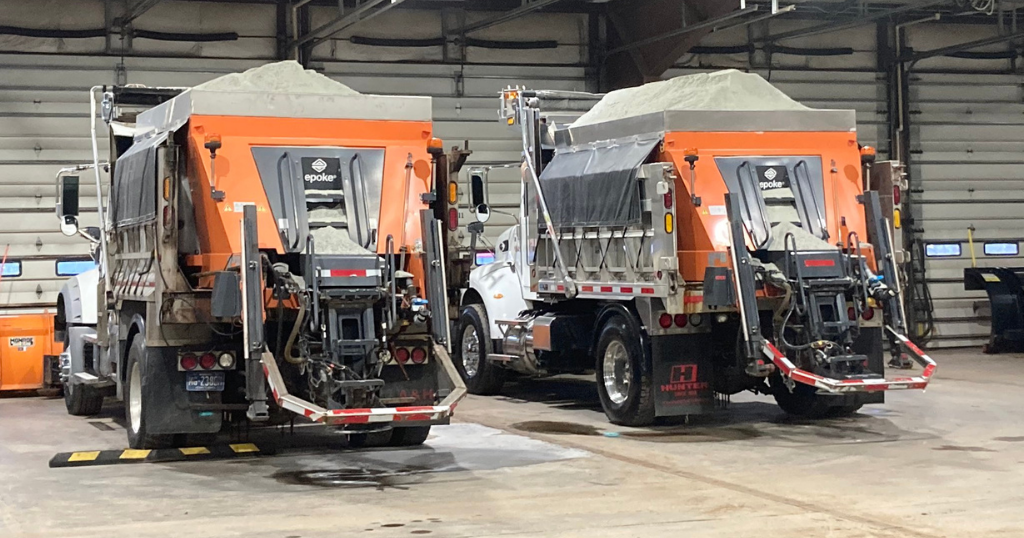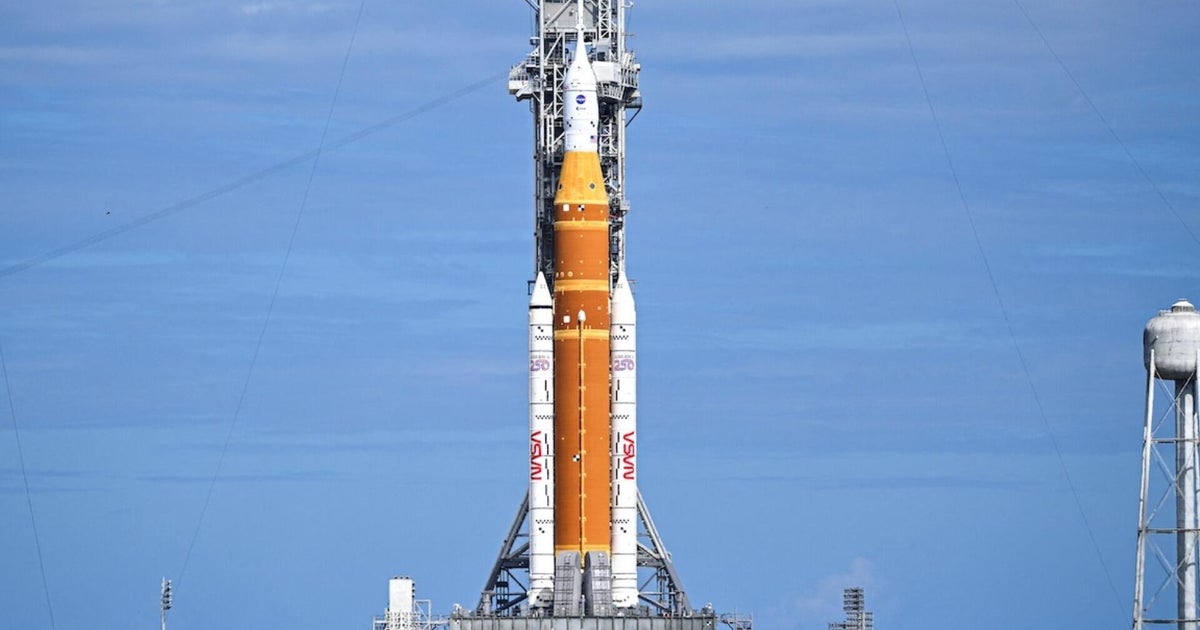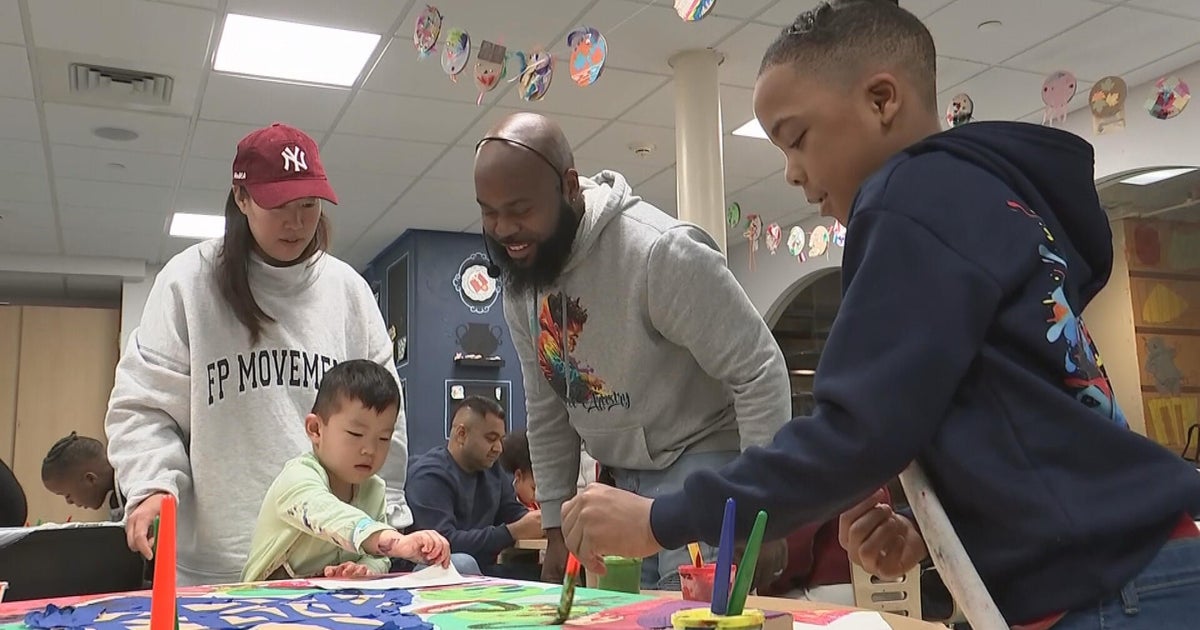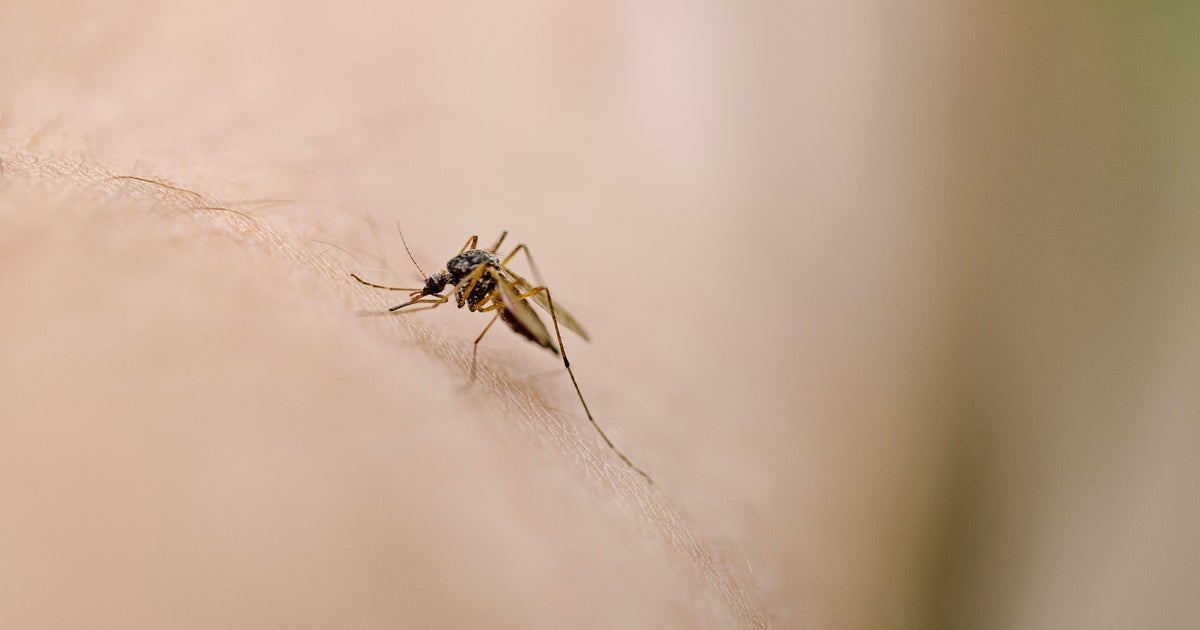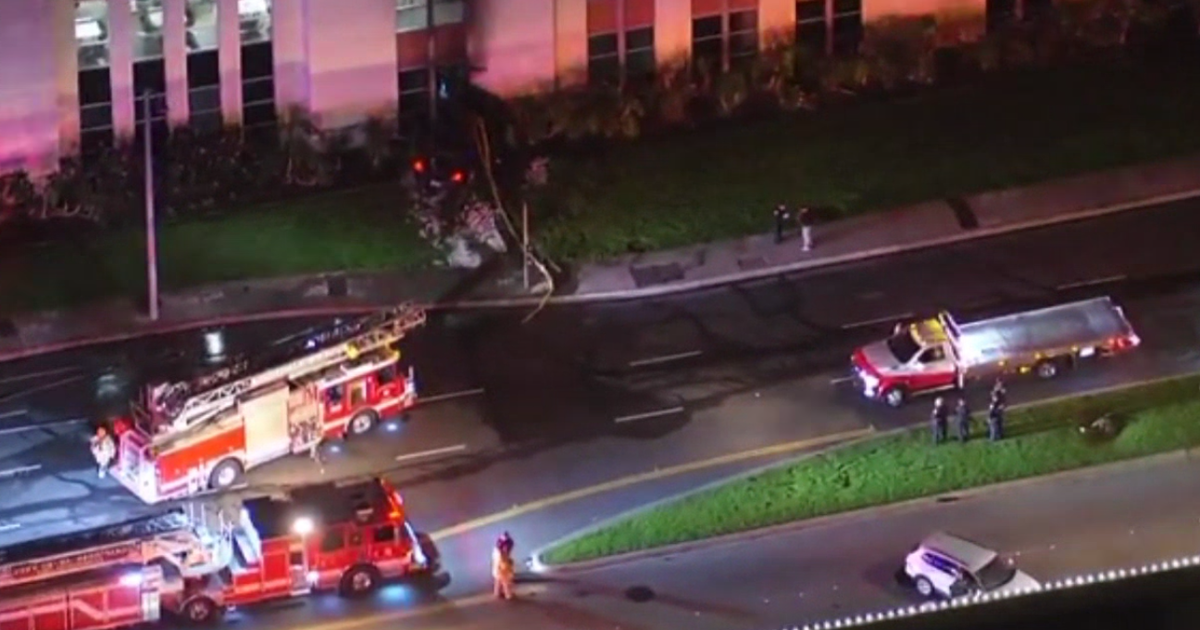Solar Eclipse's Path Over Pittsburgh: Moon To Block 80 Percent Of Sun
PITTSBURGH (KDKA) -- We're two weeks away from a rare event: A total solar eclipse for people across the United States.
Here in Pittsburgh, we'll see the moon block about 80 percent of the sun.
So what does that mean? And what's the best way to see it? Astronomy educator Ralph Crewe at the Carnegie Science Center is getting ready.
For people along the direct path (Nashville is the closest city to us), it'll actually get dark for a bit - sort of like twilight in the middle of the day.
And with 80 percent of the sun's light blocked in Pittsburgh, it'll still get a little dark here, right? Well, Crewe says you won't really notice.
"The thing is that the part of the sun that's still remaining is still incredibly bright," said Crewe. "So if you have a light meter outside, you'd be able to tell the light was dipping. But our human eyes, we adjust to the brightness, and you wouldn't notice it."
But oddly enough, he says you might feel it.
"It affects the air temperature a little bit, so a couple degree drop in air temperature can be expected in the afternoon," he said.
The moon will actually pass directly between the Earth and sun. There are some ways to see it here, just don't look directly at the sun.
"We really discourage people from looking directly at the sun," said Crewe.
It's not the sun's rays become more dangerous during an eclipse; it's just always harmful to look directly into the sun.
At the Science Center, they'll have special types of telescopes to view it. Crewe warns against using a normal telescope. He showed KDKA one equipped with a funnel.
"We project an image of the sun on this screen here," he says.
Join The Conversation On The KDKA Facebook Page
Stay Up To Date, Follow KDKA On Twitter
You can also get special eclipse glasses that block out dangerous rays.
The American Astronomical Society's has a list of reputable vendors: https://eclipse.aas.org/resources/solar-filters
Crewe says even some reputable sources may sell unsafe solar glasses so always test them.
"One quick test that we already recommend before looking right at the sun is look through your glasses and if you can see anything at all, other than the sun...they're definitely not okay," said Crewe.
You can also safely watch by projecting the sun through a hole in a card.
"As the moon crosses, you'll see a crescent appear," said Crewe.
Or you can project the image into a box, such as an old cereal box.
"You'd have a pin hole poked in here, and then you look in it," he says.
The Science Center will make a special day of the eclipse, including having a live feed from NASA showing the eclipse as it passes over the U.S.
And if you miss this one, don't despair, there's another eclipse in 2024. And that time, it'll pass right over Erie, Pennsylvania.
